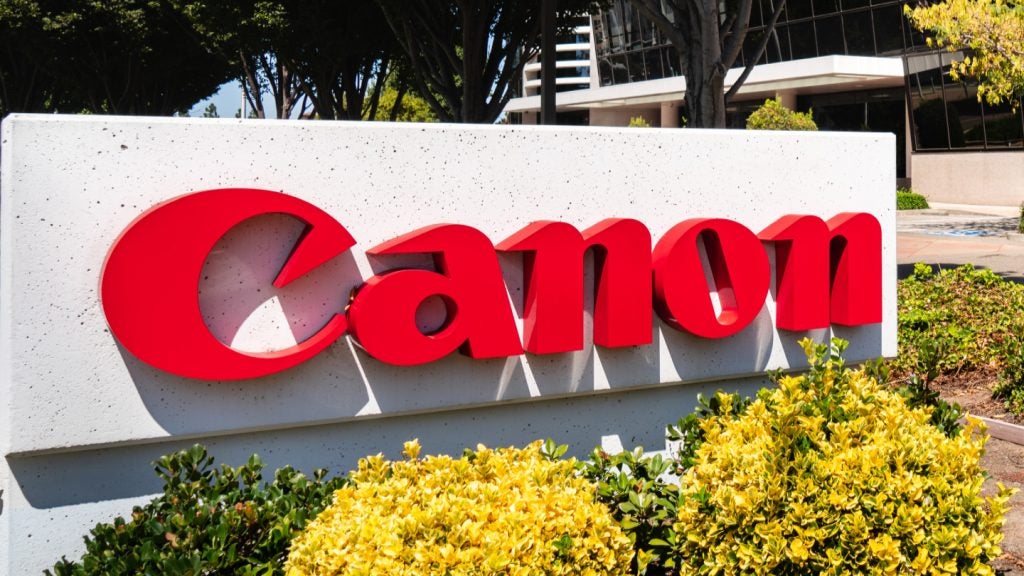A Bournemouth-based hospital and a Strasbourg university have become the first medical facilities to host Japanese-medtech giant, Canon Medical’s, newest Aquilion ONE computed tomography (CT) scanner designed to simplify complicated scans for clinicians and patients.
Supplied with the new Insight edition of Canon’s range of CT scanners, both the Royal Bournemouth Hospital in the UK and the University of Strasbourg in France will be the first to use the newest form of CT scanner equipped with the company’s CoolNovus X-ray tube and PUREINSIGHT detector, designed to withstand the extreme forces generated with the addition of machine learning.
At the same time, the newest Canon CT scanner comes with the company’s INSTINX workflow optimisation system designed to assist clinicians across the whole CT scan process from referral to diagnosis, which the company says is able to reduce the number of steps required during a typical CT procedure by 40%.
Roy Verlaan, European director CT at Canon Medical Systems Europe said: “The Aquilion ONE delivers exceptional image quality thanks to cutting-edge deep learning reconstruction technology. The combination of deep learning reconstruction, low kV acquisition (70 kV) and high mA (1400 mA) makes it possible to minimise the amount of contrast media injected in vascular imaging.”
The company has also detailed how Aquilion ONE has an Advanced intelligent Clear-IQ Engine (AiCE) that uses deep learning to identify the signal from noise to deliver precise images at rapid speeds. GlobalData forecasts the UK nuclear imaging market to be worth about $27m in 2030. At the same time, Siemens and GE HealthCare are the leading forces in the global CT system market, holding a share of 33.5% and 24.2% respectively.
Verlaan added: “As well as provide a solution that significantly simplifies and streamlines CT workflows and makes the scan experience more efficient for patients and operators. Through the new system, we are reaffirming our continued commitment to our made-for-life Philosophy.”
Elsewhere in the market of CT scanners, the UK national scanning programme, National PET Imaging Platform (NPIP), has been launched to conduct total-body positron emission tomography (PET) aimed at advancing drug discovery across the country.













